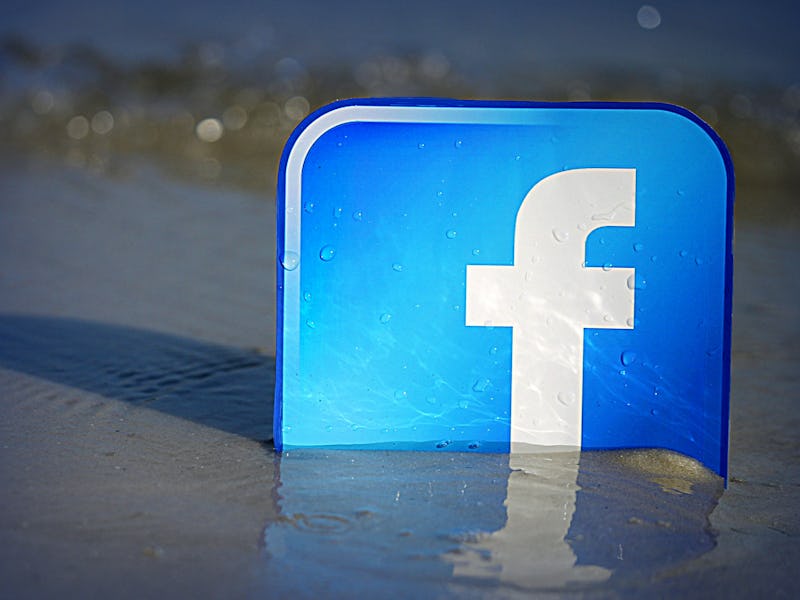Expert Reveals Facebook's Cambridge Analytica Scandal is Just the Start
Bill Gribbons is concerned about the future.

An expert on ethics in product design says that the ongoing scandal around Facebook’s data-handling problem signals a much larger issue facing many internet services.
“We need to understand that this is a problem in the whole industry, and unless we address it as an industry-wide problem, this is going to happen over and over again,” Bill Gribbons, director of the Information Design and Corporate Communication program at Bentley University in Waltham, Massachusetts, tells Inverse.
Gribbons says that he’s been “pulling [his] hair out” because experts have been “anticipating this for a long time.” While he expects that the Cambridge Analytica scandal will remain one of the largest examples of a data leak of this kind — considering Facebook’s two billion active users — he expects “smaller and smaller” scandals will crop up elsewhere.
The New York Times and The Observer published stories in March about whistleblower Christopher Wylie. The co-founder of Cambridge Analytica, who left in late 2014, revealed how the company harvested Facebook data from an app called “thisisyourdigitallife.” Created by University of Cambridge professor Dr. Aleksandr Kogan, the app offered personality tests to users. Kogan passed the data onto Cambridge Analytica, which then used psychographic modeling techniques to provide targeting data for campaigns like Donald Trump’s 2016 presidential run. Gribbons says that users are sometimes unaware of how such data can prove incredibly valuable.
“The most mundane piece of data about you personally is worth something to someone,” Gribbons says. “I think of my kids on Facebook, and the things they think they’re sharing are harmless, but that can be analyzed in such a way and packaged and sold.”
While it was initially claimed that around 50 million users could be affected by the leak, Facebook revealed last week that up to 87 million users may have been caught by the issue. CEO Mark Zuckerberg rolled out a tool on Monday for users to check which apps had access to their data from 2007 onwards, denoting when the app platform first launched.
But the damage had likely been done when it came to apps from before 2014. Zuckerberg has estimated that fixing these problems in the platform is something that will take years, rather than months. It’s a tough lesson in ethical design: Gribbons has been pushing his students for the past 10 years to think about the worst ways people will use their products, rather than the ideal use cases.
Mark Zuckerberg during his CNN interview on March 21, 2018.
“The Facebook mantra from the very beginning of ‘move fast and break things’… [It’s] not an excuse anymore,” Gribbons says. “We simply can’t do that. I think we’re seeing the consequences of that.”
Apple has since capitalized on the Facebook data breach, highlighting its privacy focus in recent iOS and macOS updates with a business model that asks people to pay money for products instead of selling people’s data to make money. Steve Wozniak, co-founder of Apple who left the company in 1985, joined Tesla CEO Elon Musk by deleting his Facebook account on Monday, part of the growing #DeleteFacebook movement.
One of the longer-lasting effects of the Cambridge Analytica story could be a greater concern from users about how data is handled by internet companies.
“I see this with clients of mine, I see the discussion we have in the classroom now around trust and privacy,” Gribbons says. “These are probably the dominant issues in the classroom and with many of our clients in the healthcare and financial space.”